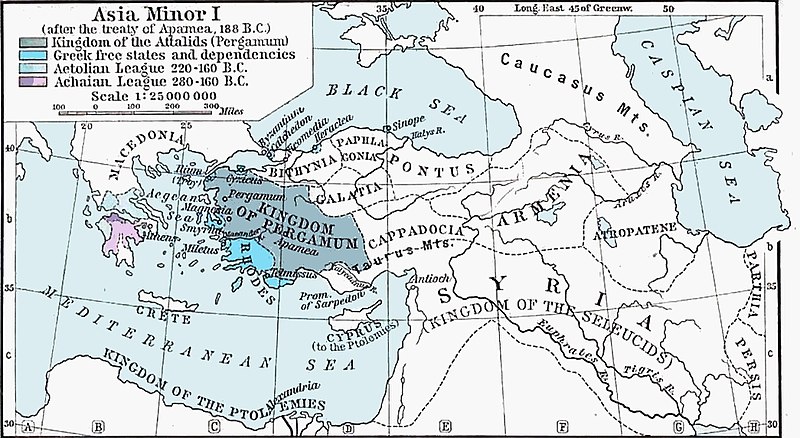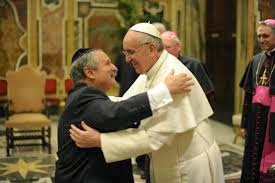Carryover from
Messianic Judaism DIR:
For this reason therefore the Jews were seeking all the more to kill Him, because He not only was breaking the Sabbath - john 5-18
Note, it doesnt say "accused of"... And we know that he didn't break the sabbath.
I have no problem believing that he said "let he who is without sin cast the first stone" - who is without sin that will rain down stones upon the unrepentant wicked in the end times?
She deserved death but he had compassion on her on the condition that she doesn't sin again, a full 180 from Paul's lie of "all sins are nailed to the cross", we care forgiven through our desire to turn away from sin and to obey the laws, failure to life by the HaKodesh law results in death rather than one mistake, if I've understood correctly.
I'm intrigued as to why you appear to believe the complete opposite to me there, would you mind explaining your POV? Thanks

Danny
I hope you find your way here, Danny.
John 5
[
1] After this there was a feast of the Jews; and Jesus went up to Jerusalem.
[
2] Now there is at Jerusalem by the sheep market a pool, which is called in the Hebrew tongue Bethesda, having five porches.
[
3] In these lay a great multitude of impotent folk, of blind, halt, withered, waiting for the moving of the water.
[
4] For an angel went down at a certain season into the pool, and troubled the water: whosoever then first after the troubling of the water stepped in was made whole of whatsoever disease he had.
[
5] And a certain man was there, which had an infirmity thirty and eight years.
[
6] When Jesus saw him lie, and knew that he had been now a long time in that case, he saith unto him, Wilt thou be made whole?
[
7] The impotent man answered him, Sir, I have no man, when the water is troubled, to put me into the pool: but while I am coming, another steppeth down before me.
[
8] Jesus saith unto him, Rise, take up thy bed, and walk.
[
9] And immediately the man was made whole, and took up his bed, and walked: and on the same day was the sabbath.
[
10] The Jews therefore said unto him that was cured, It is the sabbath day: it is not lawful for thee to carry thy bed.
[
11] He answered them, He that made me whole, the same said unto me, Take up thy bed, and walk.
[
12] Then asked they him, What man is that which said unto thee, Take up thy bed, and walk?
[
13] And he that was healed wist not who it was: for Jesus had conveyed himself away, a multitude being in that place.
[
14] Afterward Jesus findeth him in the temple, and said unto him, Behold, thou art made whole: sin no more, lest a worse thing come unto thee.
[
15] The man departed, and told the Jews that it was Jesus, which had made him whole.
[
16] And therefore did the Jews persecute Jesus, and sought to slay him, because he had done these things on the sabbath day.
[
17] But Jesus answered them, My Father worketh hitherto, and I work.
[
18] Therefore the Jews sought the more to kill him, because he not only had broken the sabbath, but said also that God was his Father, making himself equal with God.
The passage is long, but I had to post it all in order to show the context.
"Making himself equal with God" put aside (That's another matter altogether), Jesus did indeed heal on the Sabbath -- in John's eyes, certainly, for he said, "not only had broken the Sabbath..."; but Jesus himself did not contradict them, for he said, "My Father worketh hitherto, and
I work"
In the modern, non-Jewish way of thinking, Jesus did no work; but in the Jewish halachic sense, he did! Think about an orator: His "work" consists of speaking. Can he orate on the Sabbath? Here the argument begins; and since I'm on the "Messianic" end much more than the "Jewish" end of things, I'll defer on these matters to the likes of Rabbi Shermana.

Concerning John 5:18, there are some who question whether that passage was in the original manuscript.
John 8
[
2] And early in the morning he came again into the temple, and all the people came unto him; and he sat down, and taught them.
[
3] And the scribes and Pharisees brought unto him a woman taken in adultery; and when they had set her in the midst,
[
4] They say unto him, Master, this woman was taken in adultery, in the very act.
[
5] Now Moses in the law commanded us, that such should be stoned: but what sayest thou?
[
6] This they said, tempting him, that they might have to accuse him. But Jesus stooped down, and with his finger wrote on the ground, as though he heard them not.
[
7] So when they continued asking him, he lifted up himself, and said unto them, He that is without sin among you, let him first cast a stone at her.
[
8] And again he stooped down, and wrote on the ground.
[
9] And they which heard it, being convicted by their own conscience, went out one by one, beginning at the eldest, even unto the last: and Jesus was left alone, and the woman standing in the midst.
[
10] When Jesus had lifted up himself, and saw none but the woman, he said unto her, Woman, where are those thine accusers? hath no man condemned thee?
[
11] She said, No man, Lord. And Jesus said unto her, Neither do I condemn thee: go, and sin no more.
The NIV footnote says:
"[The earliest manuscripts and many other ancient witnesses do not have John 7:53—8:11. A few manuscripts include these verses, wholly or in part, after John 7:36, John 21:25, Luke 21:38 or Luke 24:53.]"
Torah stipulates that the offended party should cast the first stone. Since none of the woman's accusers was willing to do so, that left only Jesus to accuse her; but two witnesses were required to put her to death. Jesus could not have been accused of breaking the law in this case, according to my very limited understanding.
The Jewish authorities were not able to find two witnesses to agree in their accusations against Jesus, and finally agreed that he had committed "blasphemy" among them (Again, this is a topic unto itself). Jews of today, on the other hand, find fault with Jesus not so much with what he DID, but with what he purportedly TAUGHT -- namely, that eating of treif (unclean foods) was permissible, and perhaps other things.
I have my own, perhaps wrong, view on these matters; but I want to hear from Shermana or some others first, before weighing in.


